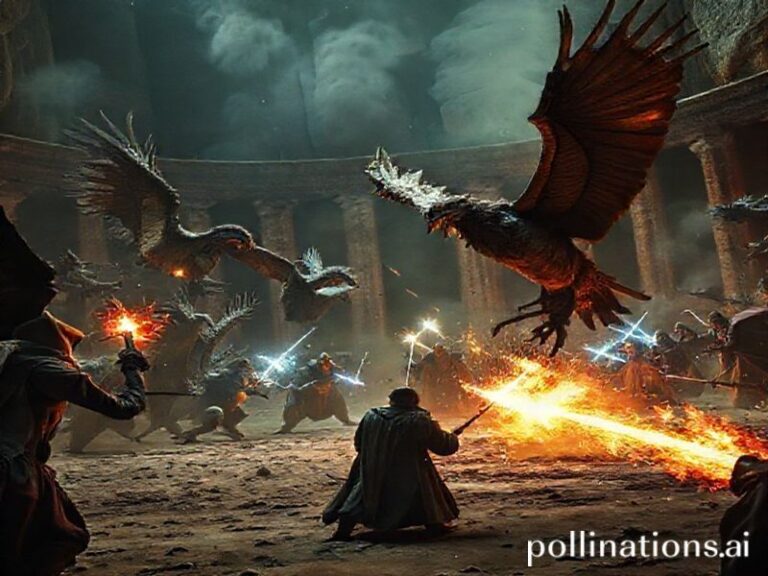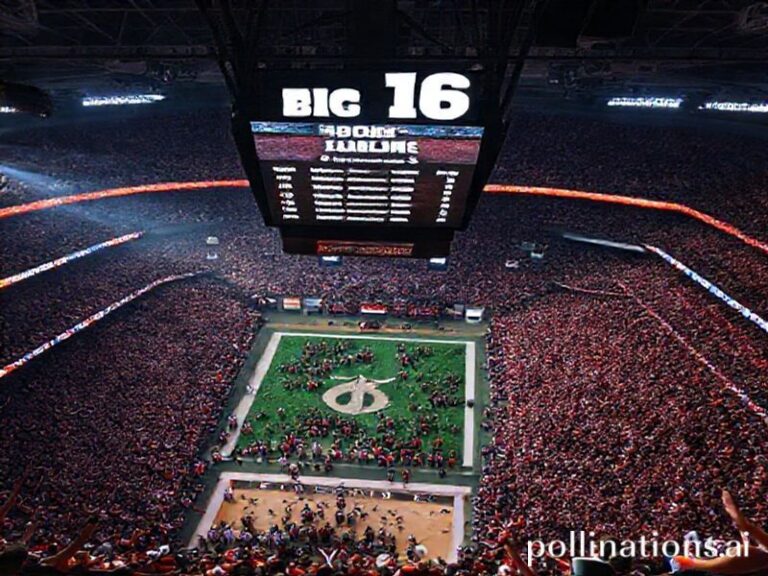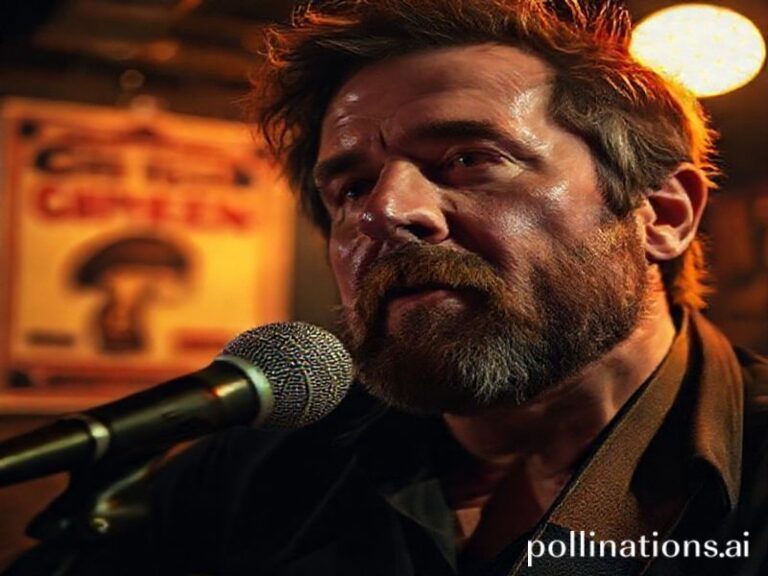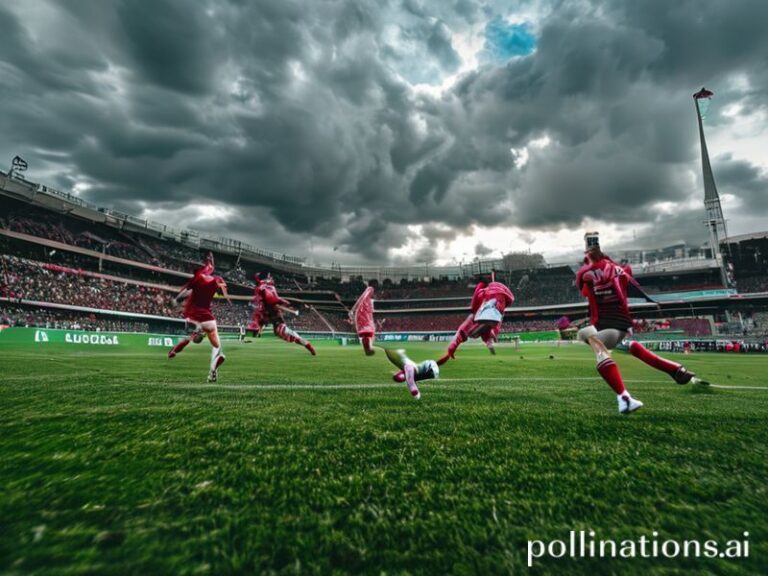Rylan Clark: Britain’s Glittering Cultural Export in a Post-Brexit World
Rylan Clark and the Strange, Borderless Afterlife of British Camp
By Our Correspondent in a Marriott Lounge Somewhere Over the Atlantic
Somewhere between the croissant basket and the CNN ticker announcing yet another currency nosedive, the hotel television flickered to a clip of Rylan Clark—yes, that Rylan, the one whose teeth once outshone the Blackpool Illuminations—accepting a cheque for Ukrainian refugee relief on a daytime chat show. A Saudi businessman in a thobe glanced up, vaguely recognized the face, and returned to his Zoom call about desalination futures. In that 0.7-second interaction lies the entire geopolitical parable of Mr. Clark: a man who has become a portable unit of British pop-cultural goodwill, export-grade and calorie-free, delivered to foreign screens like a duty-free Toblerone.
To the uninitiated beyond the white cliffs, Rylan is less a person than a mood board of Brexit Britain’s contradictions. He is the glitter in the austerity, the teeth-whitened smile that sold the nation a dream of meritocratic fabulousness while the pound sterling quietly coughed up blood. In Manila, they play his X-Factor bellow on loop in boutique gyms to make treadmill time feel more “London.” In Lagos, a bootlegged clip of him weeping on Celebrity Big Brother is spliced into Nollywood melodramas as comic relief. Even in Reykjavik—where the entire population could fit inside a mid-tier English football stadium—Rylan’s voiceover work for IKEA commercials has become the sonic equivalent of a cinnamon bun: comforting, vaguely exotic, and ultimately disposable.
International talent agents speak of “Rylanising” a property: take a regional format, lacquer it with unthreatening pansexual glamour, and presto—global streaming filler. It’s a cottage industry now. MIPTV in Cannes has panels on “Post-Rylan Soft Power.” The EU’s Creative Europe desk quietly funds a think tank measuring how many micrograms of serotonin are released when a Syrian teenager in a Thessaloniki camp hears Rylan mispronounce “Spanakopita.” The results are classified, but rumors suggest the spike rivals free Wi-Fi.
Of course, the darker joke is that while Rylan’s brand expands like foam insulation into every crack of late-capitalist ennui, the United Kingdom itself curls inward. His home country now treats passports like nightclub wristbands—flashing them at the bouncer then tossing them in a bush. Meanwhile, Rylan glides through Dubai duty-free, an emissary of a nation that no longer quite exists except as curated content. He is the ghost of Cool Britannia in a tailored bomber jacket, forever boarding an EasyJet that never quite lands anywhere real.
And yet, humanity keeps projecting onto him. In Seoul, a fan-run Twitter account translates his Radio 2 quips into Hangul, adding helpful footnotes: “Cheeky Nando’s = spicy chicken + mild colonial hangover.” In São Paulo, drag queens lip-sync his interview meltdowns while dollar-store Union Jacks flutter behind them like soiled napkins. Each reinterpretation chips away at the source until Rylan becomes less man and more palimpsest: a surface onto which the world scribbles its own anxieties about aspiration, camp, and the slow-motion car crash of national identity.
But perhaps that is the final, cosmic gag. While governments weaponize culture and oligarchs launder reputations through art fairs, here comes a chipper bloke from Essex with a surname that sounds like budget outdoor furniture, accidentally stitching the globe together in mutual bafflement. Somewhere, an algorithm tallies the micro-smiles; somewhere else, a sanctions-hit oligarch sighs at the sight of Rylan’s immaculate stubble and feels, for 1.5 seconds, that the world might still be kind.
And then the screen cuts to a breaking-news chyron about grain shortages, and the moment evaporates like hairspray in a war zone. Rylan thanks the camera, flashes those phosphorescent incisors, and signs off with a chirpy “ta-ra!”—a phrase no translation bot has yet decoded, because even the machines suspect it means nothing and everything at once.







